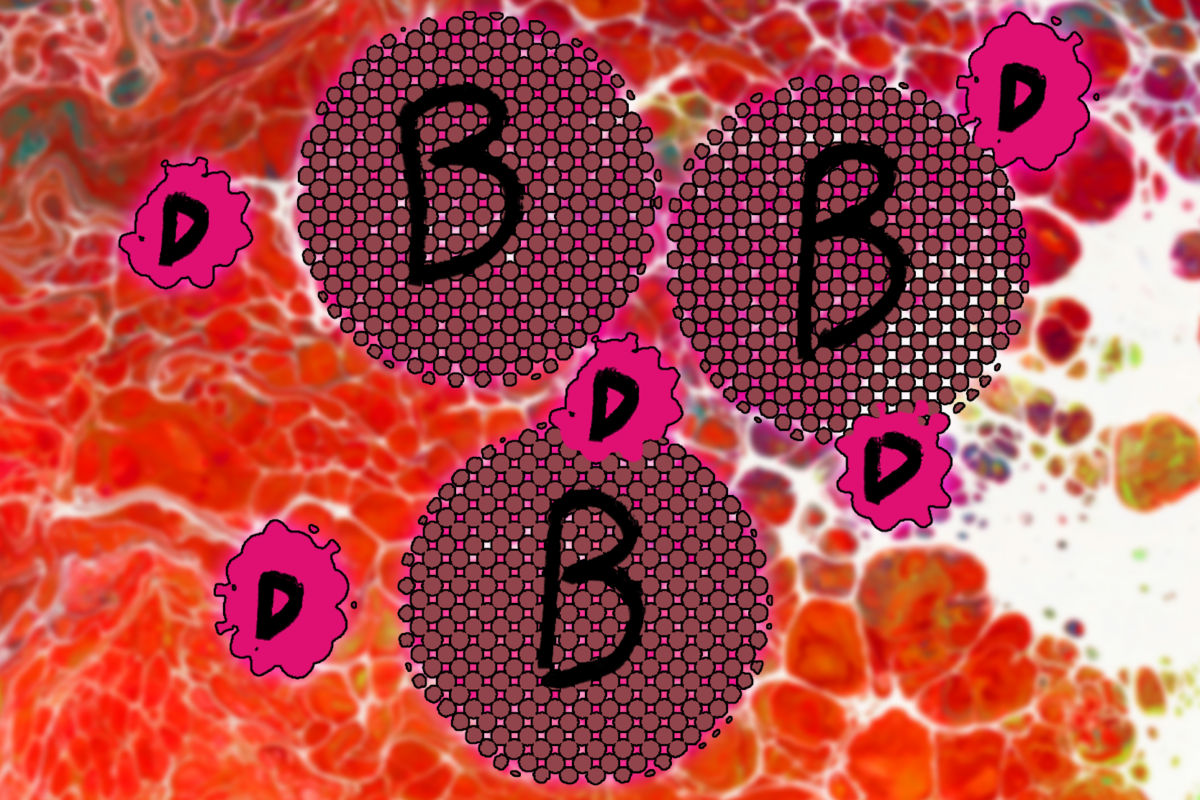“Hello…hello,” the woman called to me. “Do you work there?” she asked pointing to the Hepatitis SA office. I nodded.
“Can I talk to you, ask you something?” she continued. She needed to get back to the hospital where she worked; her lunch break was almost over, so we spoke as she walked. Shui* told her story and gave me her contact details.
Her nephew had just got engaged and wasn’t sure if he should tell his fiancé’s family about his positive hepatitis B status. She was worried that the family, if they knew, would oppose the relationship.
For some, a hepatitis B diagnosis must seem like a huge barrier to a normal life.
She was looking for a hepatitis B friendly doctor who spoke their language, a GP her nephew could consult, and his fiancé’s family could talk to.
In communities from regions of higher hepatitis B prevalence, such stories are not unusual. The adverse outcomes of chronic hepatitis B would be familiar, and the fear of transmission – particularly to children – would be real, especially where childhood hepatitis B vaccination is not universal.
For some, a hepatitis B diagnosis must seem like a huge barrier to a normal life. What many don’t realise is that in Australia, with proper management, it is possible to minimise the impact of the virus and live a normal life. The two key tools are:
- Regular monitoring:
See a doctor at least once every six months for a liver check and blood tests. - Vaccination:
Get family and household members tested for hepatitis B. In South Australia, if you have hepatitis B, your family members are eligible for free hepatitis B vaccination if they are not already immune.
Although there is currently no cure for hepatitis B, there is treatment to manage the virus. While not everyone with hepatitis B needs treatment, six-monthly liver checks and blood tests will ensure that treatment can be given without delay, if and when it is needed.
Protection
The easiest and best way to protect people close to you is a safe and highly effective vaccine available to people of all ages. For most people three doses over six months will provide life-long protection.
If immunity does not develop after three doses, extra doses may be needed. Your family and household could be eligible for free hepatitis B vaccinations.
Pregnancy
Hepatitis B is transmitted via blood and sexual fluids; babies do not inherit hepatitis B through their parents’ genes.
Mothers with hepatitis B may pass it to baby during the birth, but this can be prevented with a dose of vaccine and Immunoglobulin given to baby in the first four to twelve hours after birth. Immunoglobulin is a blood product with hepatitis B antibodies.
If needed, mothers with hepatitis B may be given treatment during pregnancy to reduce transmission risk to baby. Unless mother’s nipples are bleeding, breastfeeding is perfectly safe even if mother has hepatitis B.

Staying healthy
In addition to regular monitoring, a healthy diet and keeping as physically active as possible will help maintain liver health. Also important is limiting fat and alcohol intake as these are damaging to your liver.
If you are not immune to hepatitis A, get a vaccination. Any additional liver infection would put further strain on your liver.
Conclusion
With proper care hepatitis B should not stop you from living a full, healthy life with your family.
And in case you’re wondering, we found a friendly GP who spoke Shui’s language. Despite having closed books, he made an exception and agreed to see them.
*not their real name
Last updated 22 March 2024
More from:
Enjoyed this article? Subscribe to be notified whenever we publish new stories.
Subscribe for Updates








